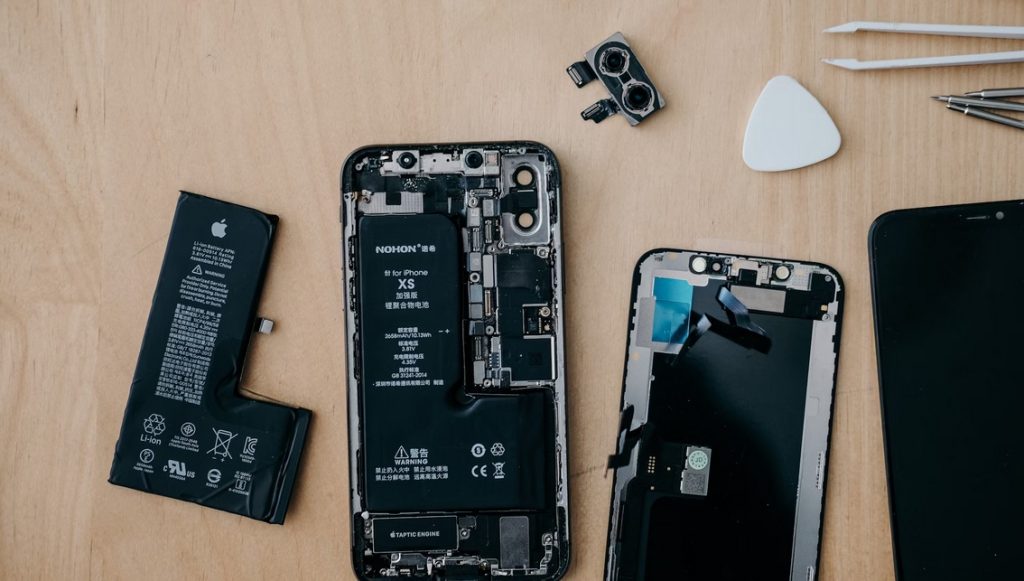
By Dr. Eric Fruits
Oregon Economist
The Oregon Senate earlier this month approved SB 1596, the so-called “right to repair” bill. This legislation now awaits consideration in the Oregon House, with a hearing of the House Committee on Business and Labor scheduled for Wednesday.
While motivated by good intentions, this legislation risks unintended consequences that could ultimately harm consumers. Lawmakers should proceed cautiously.
Right-to-repair legislation aims to provide consumers and independent repair shops access to repair information, parts, and tools needed to service today’s high-tech devices, from smartphones to laptops to farm equipment. Many see this as an issue of fairness and control. If you purchased a device, the reasoning goes, you should be able to repair it as you see fit.
On the other hand, manufacturers have invested significantly in research, development, and branding. When devices malfunction, authorized repair channels are often best-positioned to fix them properly and to protect manufacturers’ reputations. For example, an independent iPhone repair shop is less invested in ensuring that repairs meet Apple’s high standards than Apple itself is. If there are too many faulty third-party repairs, it could hurt the iPhone’s brand reputation.
Additionally, independent shops may lack the protocols to adequately secure customers’ sensitive data. Hunter Biden’s water-damaged Apple laptop likely would not be in the headlines if he had taken it to the Apple Store for service, instead of an independent repair shop. Many brands cultivate trust by keeping customer data safe and away from prying eyes.
More broadly, by forcing manufacturers to provide sensitive proprietary details on the design of their devices, right-to-repair legislation could negatively impact innovation. If companies must compromise their intellectual property as a cost of doing business, they will have less incentive to invest in forward-looking research and development. Consumers could ultimately pay the price through a restricted market of exciting and useful new devices in the future.
When accounting for unintended consequences, well-intentioned policy does not always lead to positive outcomes. While upholding consumers’ “right to repair” might yield short-term cost savings, it could also drive up long-term costs across the entire consumer-technology ecosystem. If companies are forced to redesign products to comply with mandates, prices will likely rise to cover the additional expenses. Complicated new design requirements could also make devices less intuitive and user-friendly over time.
Additionally, the consumers and independent repair shops cheering this policy do not represent all consumers. Many everyday device users may not care who repairs their phone or laptop. They just want something that works reliably at a reasonable price.
Lawmakers should take a measured approach when it comes to the risks and benefits surrounding rapidly evolving technologies. While increased device repairability aligns with some consumer interests, the right-to-repair bill also introduces complex tradeoffs around brands’ reputations, data security, and innovation. What some portray as common sense could easily backfire for most Oregonians, who simply want dependable, easy-to-use electronics. Before rushing into legislation, lawmakers should consider the full range of ramifications carefully.
Disclaimer: Articles featured on Oregon Report are the creation, responsibility and opinion of the authoring individual or organization which is featured at the top of every article.


